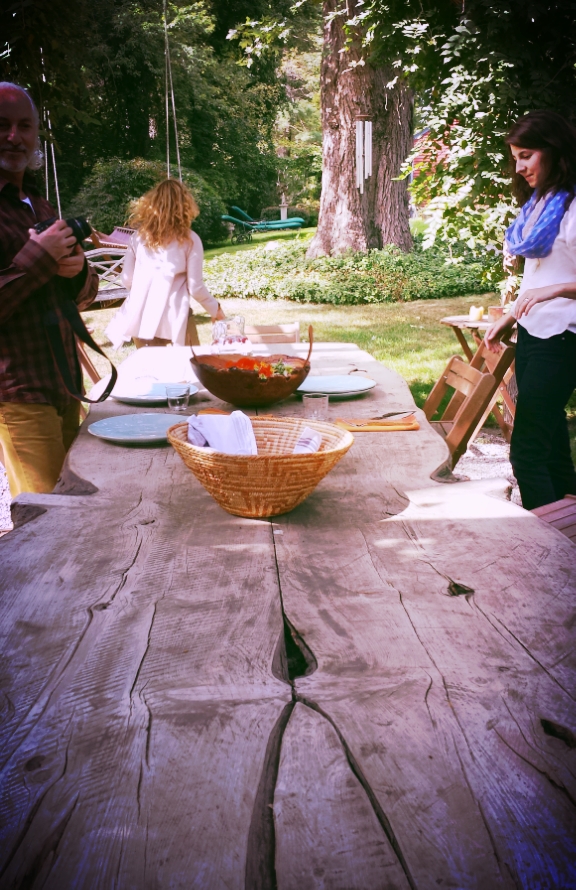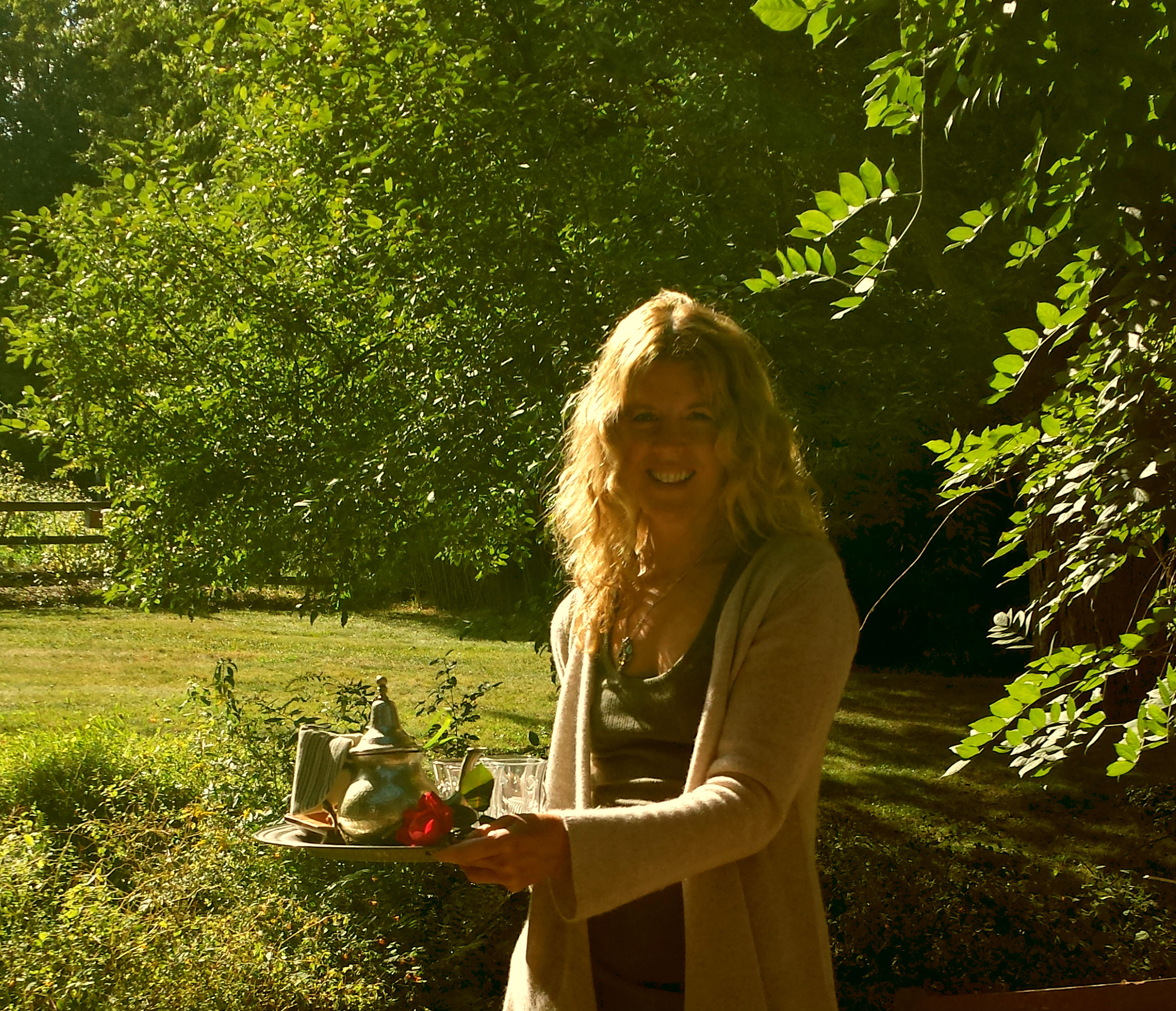Earlier this month, I came across an article written by Dr. Michael Finkelstein in the HuffingtonPost titled, “Slow Medicine is the Medicine of the Future.” Reading the article, I recalled many healthcare providers and organizations who frequently addressed the need to slow medicine down in an attempt to recognize and mend the root of peoples’ dis-eases. In many ways, it is similar to what some farmers and gardeners are doing to maintain healthy soils and environments. Gardeners, for example, often have more success if they constantly tend to their plants, uprooting those that do not belong and contemplating what might have caused a specific weed or pest to invade. Likewise, physicians may be more effective if they pay closer attention to their patients, noticing changes that could lead to more serious problems. It is not necessarily about the tools that we have at hand rather it is about how we use those tools.
caused a specific weed or pest to invade. Likewise, physicians may be more effective if they pay closer attention to their patients, noticing changes that could lead to more serious problems. It is not necessarily about the tools that we have at hand rather it is about how we use those tools.
Dr. Victoria Sweet, author of “God’s Hotel,” the entire Slow Food Italy movement and Dr. Tierona Lowdog, integrative doctor and herbalist, are just a few examples of how this new, or perhaps forgotten, approach to medicine has sprung up in different places and focused on slightly different aspects of health and wellness. I encourage anyone interested in this topic to learn more about what these folks are up to.
 I decided to write to Dr. Michael Finkelstein, the author of the article mentioned in the first paragraph, and was pleasantly surprised when he invited us to visit Sun Raven, both his home and office, and learn more about what he and his partner Ms. Robin Queen do. Erin and I were welcomed with open arms into their home, a restored barn that in many ways is both an ode to farmers and to the environment. We toured the garden where Dr. Finkelstein frequently takes his patients, picked greens and other vegetables to make a colorful salad for lunch and sat around the rustic wooden table discussing how it might be possible to collaborate with one another.
I decided to write to Dr. Michael Finkelstein, the author of the article mentioned in the first paragraph, and was pleasantly surprised when he invited us to visit Sun Raven, both his home and office, and learn more about what he and his partner Ms. Robin Queen do. Erin and I were welcomed with open arms into their home, a restored barn that in many ways is both an ode to farmers and to the environment. We toured the garden where Dr. Finkelstein frequently takes his patients, picked greens and other vegetables to make a colorful salad for lunch and sat around the rustic wooden table discussing how it might be possible to collaborate with one another.
Chatting with Dr. Finkelstein and Robin reaffirmed the overwhelming amount of diversity that exists in the world of food and health. I would even go so far and ask: Who isn’t involved?
Slow Medicine, in many ways, represents the changes that must take place in the healthcare world if we are to live both healthier and more fulfilling lives. It recognizes the interdisciplinary nature of health and encourages that which we at the Food and Health Network strive to achieve: knowledge, networks and collaboration.
If we continue walking down a road in which each sector is isolated, making meaningful changes will be difficult if not impossible. Chronic diseases and conditions, such as heart disease, cancer, diabetes, stroke and obesity, are serious problems that will continue to devastate our communities if we do not fill in the gaps between what we know and what our neighbors may know. According to the Center for Disease Control and Prevention:
- As of 2012 about half of all adults have one or more chronic health condition (most of whom are low income folks)
- Seven of the top ten causes of death in the United States in 2010 were chronic diseases (heart disease and cancer)
When considering just one aspect of the health and vitality of our region, over one in three middle school and high school students in the region are either overweight or obese which is not surprising considering that in 2007 only 9.7% of adolescents, in grades 9-12, consumed at least 2 servings of fruit and 3 servings of vegetables per day. For more information about the interconnectedness between food, health and the environment, please take a look at the 2012 Regional Food Systems assessment located here: http://fahnblog.files.wordpress.com/2013/11/2012-regional-food-system-assessment-scny.pdf
On behalf of the Food and Health Network, we would like to thank Dr. Finkelstein and Ms. Robin Queen for planting yet another seed in the garden of the Food and Health Network and taking one more step forward in creating a more sustainable food and health system in New York State.
taking one more step forward in creating a more sustainable food and health system in New York State.
For more information about Dr. Finkelstein’s practice, take a look at his website: http://transcendenceatsunraven.com/aboutsunraven/dr-michael-finkelstein/
Ariela Yomtovian is an AmeriCorps VISTA Member with the Food and Health Network of South Central NY
